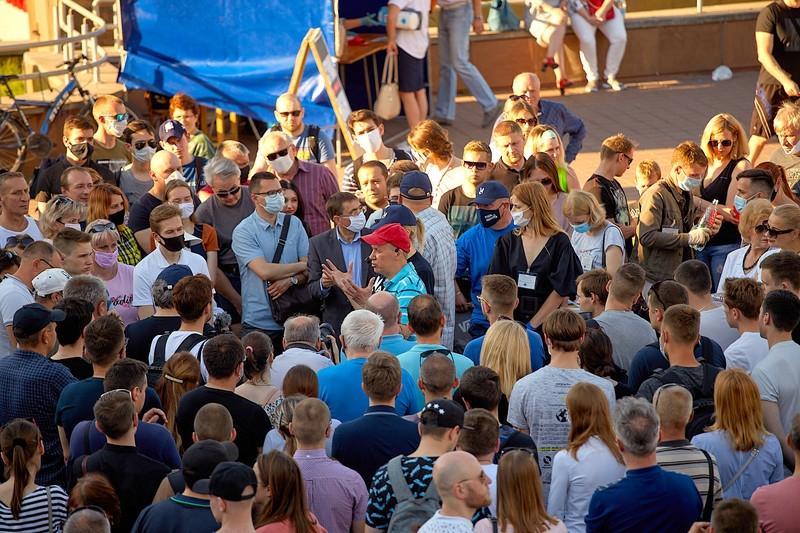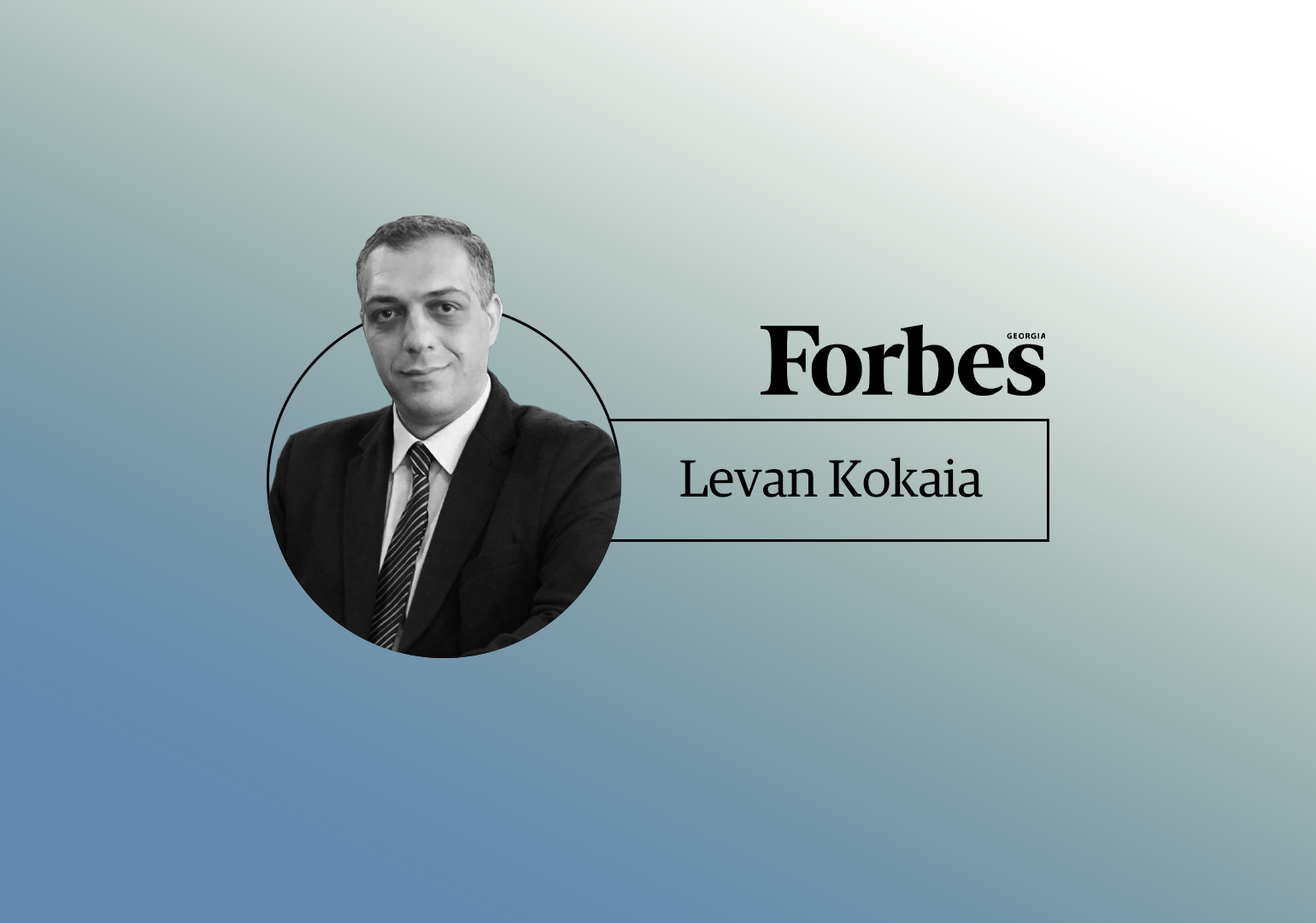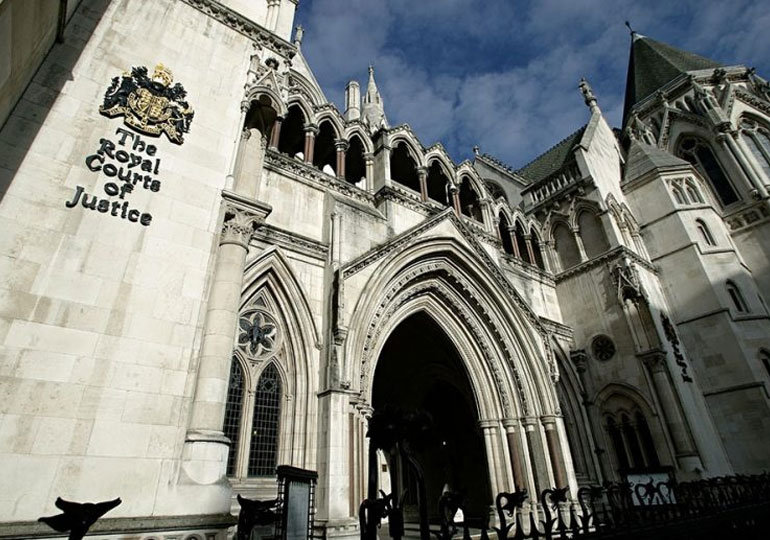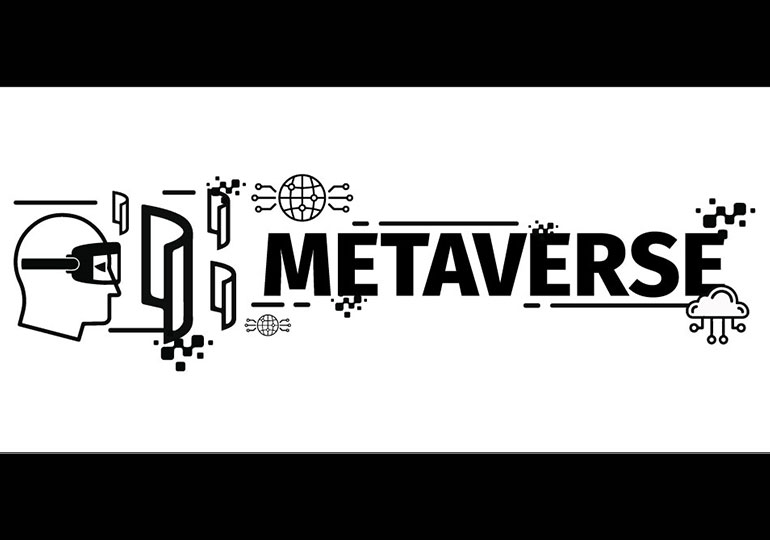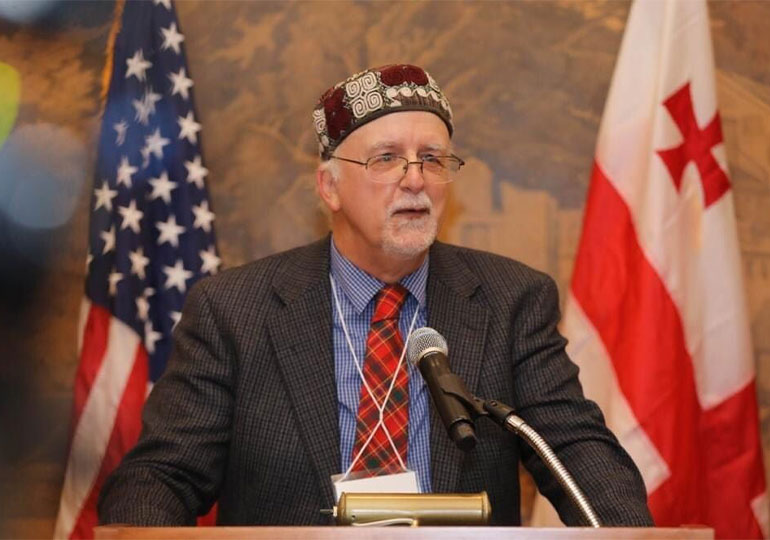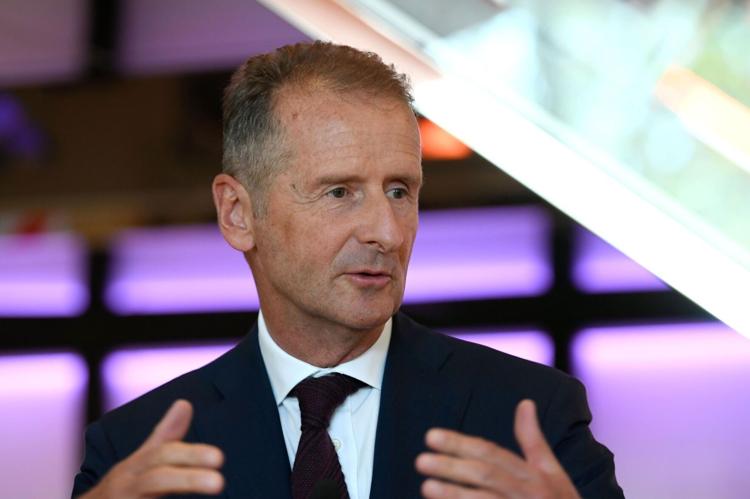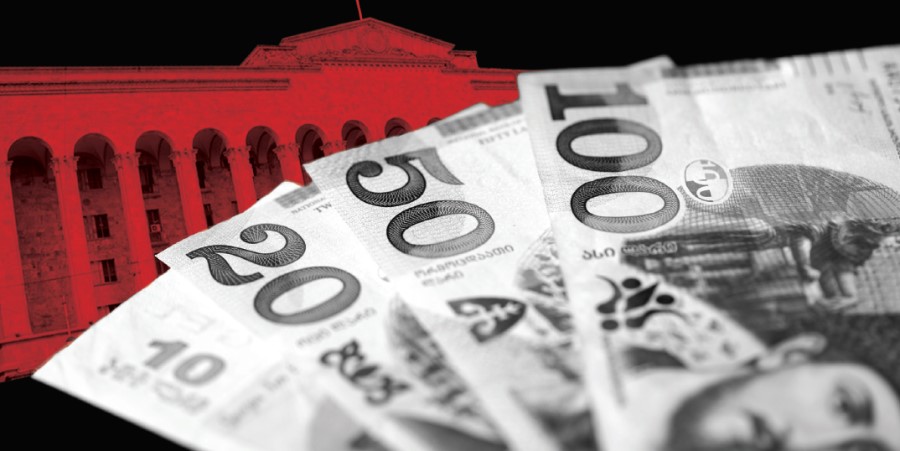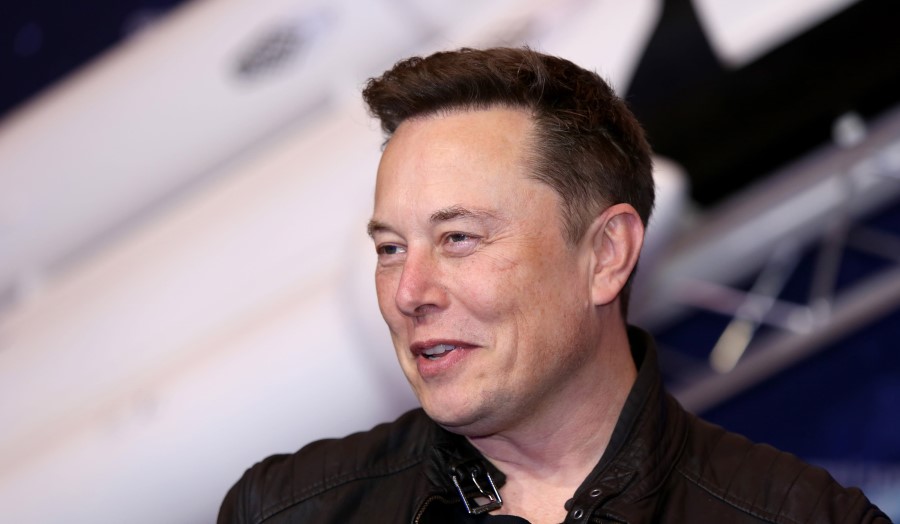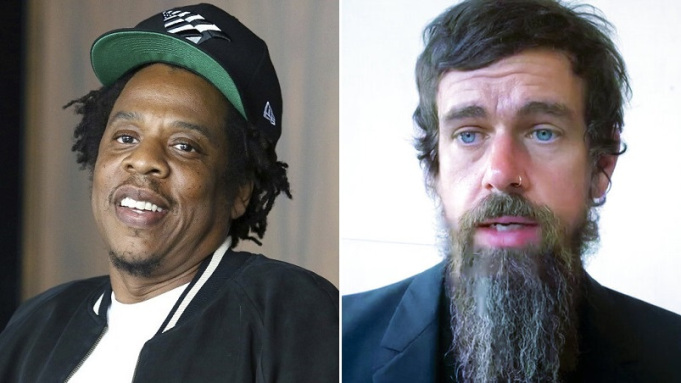The EU and US should reveal where Belarus president Alexander Lukashenko hides his money overseas if they wanted to help the revolution, a Belarusian opposition leader has said.
“He has some havens, where he puts his money. And it would be great, we’d really appreciate it, if the US and Western countries would reveal all his assets to the Belarus public, so the whole world could see how he was abusing his power to make himself rich,” Valery Tsepkalo told EUobserver on Sunday (6 September).
“Lukashenko keeps his money in Europe, probably Switzerland, but also in Qatar and Dubai … using some trust funds, but I don’t think it’s a big secret for the global financial community,” Tsepkalo said.
“The whole of Belarus would really applaud if the West did that,” he added.
Tsepkalo, a former presidential candidate, spoke by phone from Poland, where he recently fled, after a fifth weekend of mass protests in Minsk against rigged elections on 9 August.
EU states are planning to impose visa bans and asset freezes on Belarus officials in response.
The new blacklist might even include Lukashenko himself, but EU financial sanctions are normally imposed behind closed doors with no public revelations of where frozen money was found.
Meanwhile, about 100,000 people defied a heavy police presence in Minsk on Sunday.
They were fewer than the 200,000 who came out in some previous events.
And Lukashenko was trying to break people’s will via ongoing brutality, Tsepkalo noted.
Five opposition activists had died so far, about 80 were missing, and “hundreds” remained in detention, where some of them faced horrific violence, including rape of men and women using police batons, he told EUobserver.
But the protests will continue and will come to a head on 8 November, when Lukashenko is due to hold his inauguration ceremony, Tsepkalo predicted.
“There will be ups and downs – one day people feel angry, the next day they feel tired, as in every human situation … but this [8 November] will be the day the whole country will come out on the streets and when MPs and officials refuse to participate,” he added.
“The number of people who cant tolerate him any more is growing no matter what he says or does,” he said.
“Most government ministries, except law enforcement bodies and the foreign affairs ministry, don’t answer to him anymore and are just keeping silent,” he added.
“Lukashenko is over. He’s politically dead. It’s just a matter of time,” Tsepkalo said.
For its part, Russia has offered to send in special police to help Lukashenko cling to office.
But Tsepkalo said that was unlikely to happen, because it would blow up in Russian president Vladimir Putin’s face if he did so.
Russia threat
“If Putin intervened [in this way], it would seriously damage his own popularity at home,” Tsepkalo said.
Russian people felt “very close” to Belarusians, he noted, and there was no pretext for a Russian crackdown because the Belarus protests were so peaceful and because they were not aimed against Russian power.
“Not one car has been smashed up, not one window has been broken by Belarusian protesters … they even they take their shoes off when they stand up on park benches,” Tsepkalo told this website.
“It’s not like in Ukraine, where you had pro-Western statements and people wanting to be part of the EU,” he said, referring to a revolution in Ukraine in 2014, which saw Russia invade its neighbour.
“This is not our agenda. Our agenda is to oust Lukashenko from power, free political prisoners, and hold fair elections,” he said.
Those responsible for violence should also be brought to justice, he added, but this should be done by international tribunals to ensure impartiality, Tsepkalo added.
The 55-year old former Belarusian diplomat helped to create a high-tech business park in Belarus before falling out of favour with the regime.
Men of honour
Tsepkalo also sold his own home, for some €400,000, to finance his 2020 presidential campaign.
But he said Lukashenko, in the past 10 years, had done nothing to help stop the Belarusian economy from stagnating, prompting the popular discontent.
“He [Lukashenko] runs the country very poorly and if he was a man of honour, he would have stepped down long ago,” Tsepkalo said.
“But he’s not a man of honour. He likes only himself and enjoys using his power to get richer and richer … He’s built himself 90 residences in Belarus – the same number as Stalin did in Soviet Russia, by the way,” Tsepkalo said.
